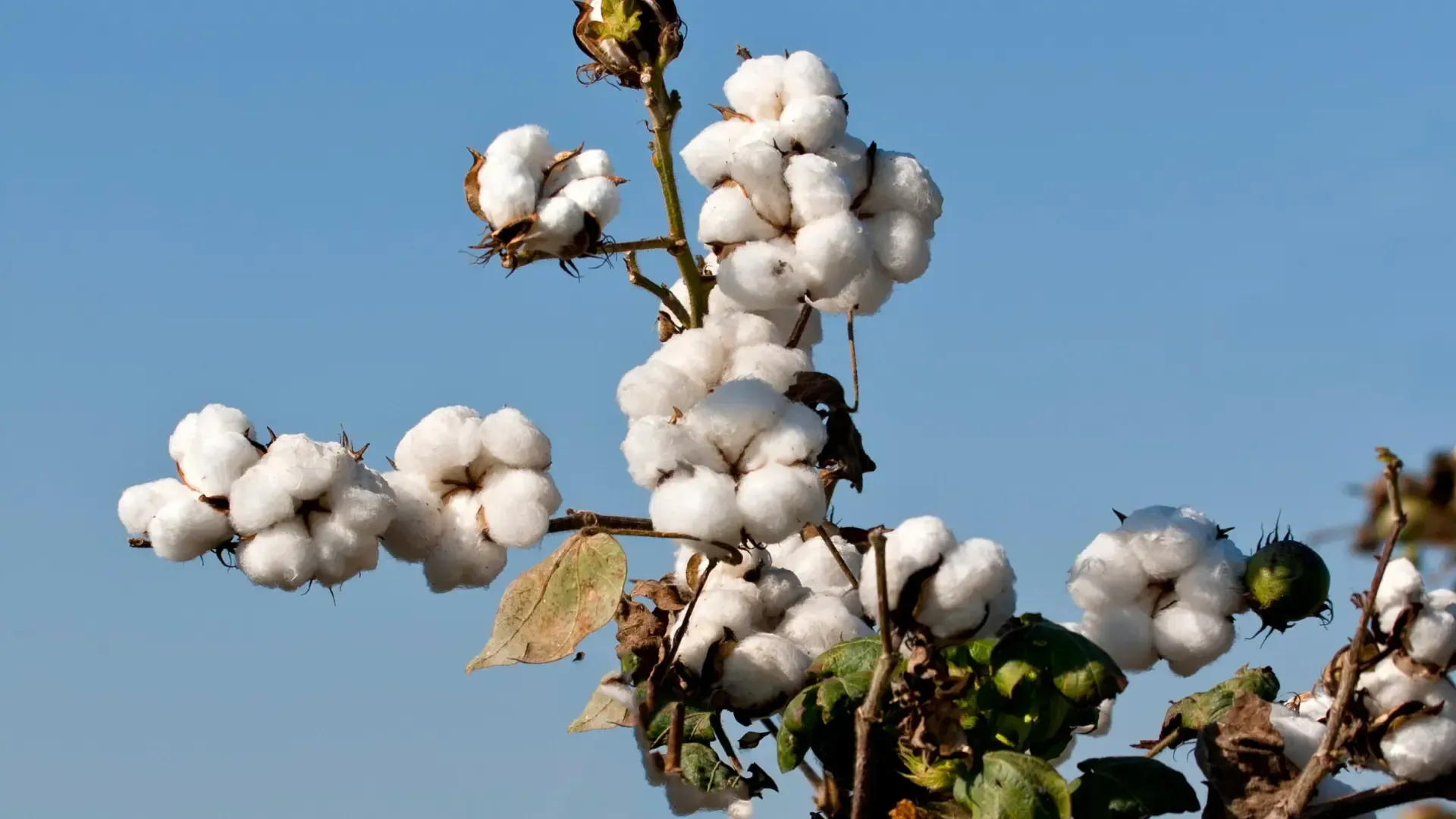Why Are Natural Fibers Important?
Synthetic materials often take hundreds of years to decompose, clogging landfills and polluting oceans. Natural fibers, on the other hand, break down easily and return nutrients to the soil. Plus, their production typically uses less energy and emits fewer greenhouse gases.
For example, hemp grows quickly, needs minimal water, and improves soil quality. Choosing these materials isn’t just about reducing waste—it’s about building a circular economy.
The Challenges and the Future
Natural fibers face challenges like scalability and cost competitiveness with synthetics. But with rising consumer demand and advancements in farming and production, these hurdles are being tackled.
Governments and industries are investing in research to make natural fibers more accessible and affordable. The future looks bright for these sustainable alternatives.
Connect With Us
And we’ll get right back to you.
Sign up to our newsletter
FAQS
Do you have a question? We’re here to help.





